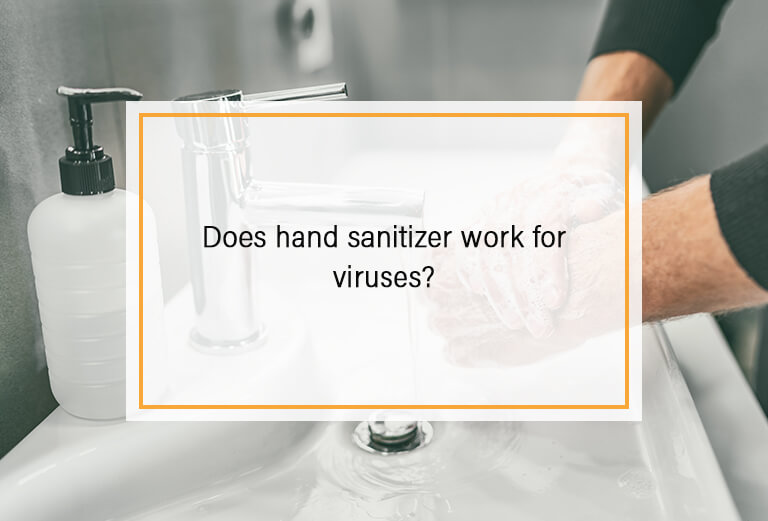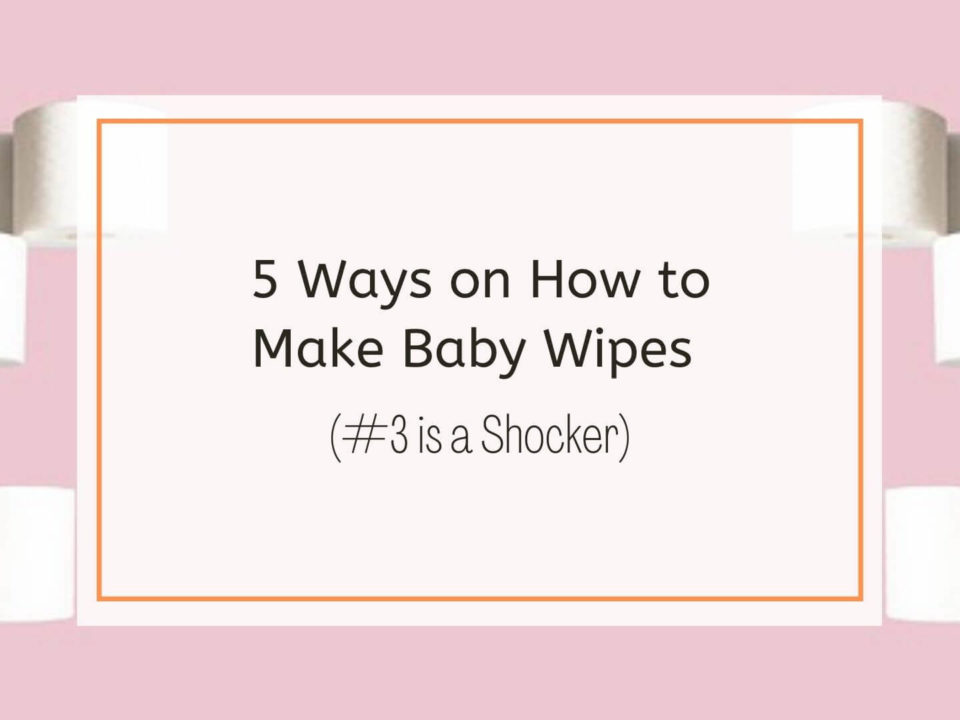
Currently, there are no vaccines available for killing the Coronavirus. The best way to prevent infection is to avoid exposure to the virus.
The World Health Organization (WHO) and Center for Disease Control and Prevention (CDC) both recommend religiously washing hands with soap and water. This is the foremost hand hygiene preventive measure.
However, in the event that there’s no soap or water available, you can clean your hands with hand sanitizers with at least 60% alcohol content.
But why do both organizations recommend hand sanitizers? Why not simply use alcohol? Do all types of hand sanitizers work with viruses? You’ll find out in this article.
What is Hand Sanitizer?
Hand sanitizer is a gel or liquid solution used to disinfect the hand from infectious agents. These can also be called hand antiseptic, handrub, or hand rub. Alcohol-based hand sanitizers can be used to clean the surface of the hands from some types of viruses. These are antibacterial solutions usually containing 60% ethanol or 70% isopropanol.
Why Use Hand Sanitizers?
Hand sanitizers are very convenient to be carried around as it is usually packaged in a screw-capped bottle with a pump head dispenser. They are often used in healthcare settings where doctors and nurses need to stay clean and do rounds on patients.
Does Hand Sanitizer Kill Viruses?
Alcohol-based hand sanitizers do work for viruses, as long as it contains 60-95% ethanol, isopropyl or n-propanol. With this alcohol concentration, the fatty layer of the virus is peeled off and destroyed.
When using hand sanitizer, make sure to cover all the areas of your hands and rub them until the solution dries.
How Alcohol Hand Sanitizers Work in Killing Coronavirus
There are a lot of hand sanitizers being sold out there and some aren’t reliable enough for disinfection. So unless you read the label that it does contain 60% or more alcohol content, the hand sanitizer will be useless otherwise.
The alcohol content in hand sanitizers do the slaying of the germs and viruses through denaturation of proteins. The protein envelope is a protective layer of the Coronavirus. Alcohol causes this lipid layer to inactivate and unfold. This disrupts the metabolism of the virus and it dies.
But not all hand gels or sprays can effectively kill the Coronavirus on the skin. You should buy the ones with 60% to 95% ethanol or isopropyl content.
What Viruses Cannot Be Killed By Alcohol-Based Hand Sanitizers?
Alcohol-based hand sanitizers can kill microbes which include the Coronavirus. However, this doesn’t mean that all types of germs and viruses can be effectively eliminated by hand sanitizers.
Here are some of the microbes which can only be killed by washing your hands with soap and water:
- Cryptosporidium
- Clostridium difficile
- Norovirus
When Not to Use Hand Sanitizers
There are cases when it’s not advisable to use hand sanitizers as it would render ineffective in killing germs. These are:
- When your hands are extremely greasy or dirty,
- When you touch chemicals,
- When you hold infectious agents, and
- When you touch pesticides, heavy metals.
For these instances, you really must wash your hands with soap and water.
Is it more effective to use a 100% Alcohol Hand Sanitizer?
The CDC says that the higher the alcohol content in hand sanitizers, the better it can get rid of viruses. And it does seem logical that perhaps a 100% alcohol hand sanitizer can work the best.
However, studies say that pure alcohol and with no water present cannot work well in denaturing proteins of viruses. It will only evaporate too quickly before it even kills the virus.
A pure alcohol hand sanitizer cannot effectively moisturize the hands, as what moisturizing hand sanitizers are made for.
Can Hand Sanitizers with Less than 60% Alcohol Content Kill Viruses?
Hand sanitizers having less than 60% alcohol content cannot effectively kill bacteria. It can only reduce the growth of microbes instead of totally eliminating them.
How Does Coronavirus Spread?

Source: Nature
1. Close Contact
According to the CDC, Coronavirus is spread through contact from one person to another.
This can be one of the following:
- When two persons are within a 6-foot distance.
- When a person infected talks to you and droplets goes to you
- Droplets can either enter your mouth, nose or eyes.
CDC also pointed out that infected people can be asymptomatic. This means they can be infected and show no physical signs of sickness. But the disease can be transferred to other people which can show symptoms.
2. Contaminated Surfaces
An infected person who coughed on an object or any surface can leave the surface with Coronavirus. When another person touches this surface and has subconsciously touched his mouth, he can get infected as well. This is why CDC also recommends frequently cleaning and disinfecting surfaces to avoid the spread of the virus.
3. Fecal Contamination
A new research also suggests that Coronavirus can also spread through feces contamination.
4. Airborne
Although there’s no concrete evidence, scientists believe that the Coronavirus can also spread through airborne transmission. This can be through exhaled air or aerosols which can happen through close contact with a person infected. For precautions, experts recommended increasing ventilation indoors and to wear N95 masks.
A new study provides evidence of virus-laden aerosols up to 13 feet of distance. Although the spread is only downstream and poses least of a threat, people must still be vigilant. Hence,
How Fast Does the Virus Spread?

Source: Nature
How fast COVID-19 spreads from one person to another can depend on many factors. An important factor is how a population can contain its spread. If a community has a sense of discipline to clean and disinfect, then it can slow down its spread. Hand hygiene is also a very important consideration.
Conclusion
Keeping yourself and your family Coronavirus-free requires making it a habit to clean your hands. Cleanse your hands after using the restroom or preparing the food. It is recommended to vigorously wash your hands with soap and water for 20 seconds to eliminate viruses. If there’s no water or soap available, hand sanitizers can be effective enough to get rid of the virus.
Hand sanitizers are selling out like hot pancakes. If you are out of hand sanitizers for your family or community, you can order from BeCleanse. BeCleanse is a hand sanitizer manufacturer in China with instock and private label products ready for shipping.



